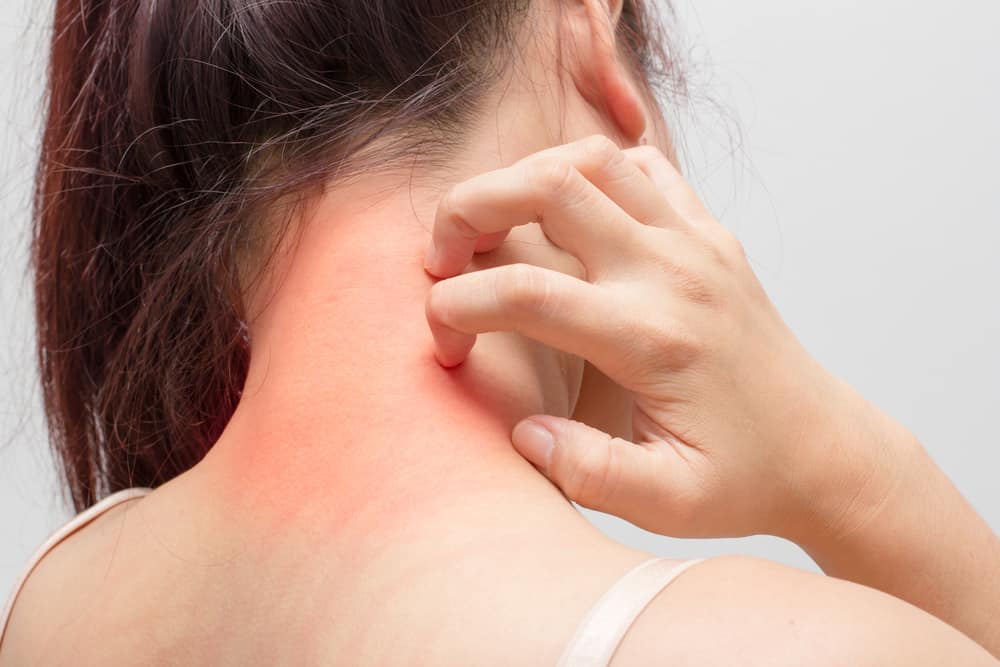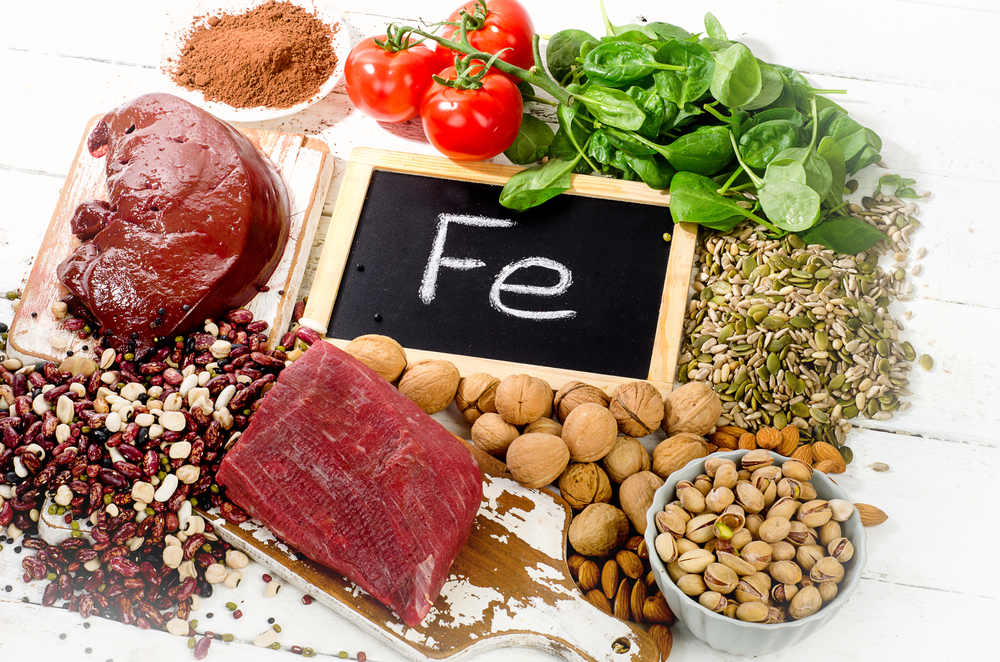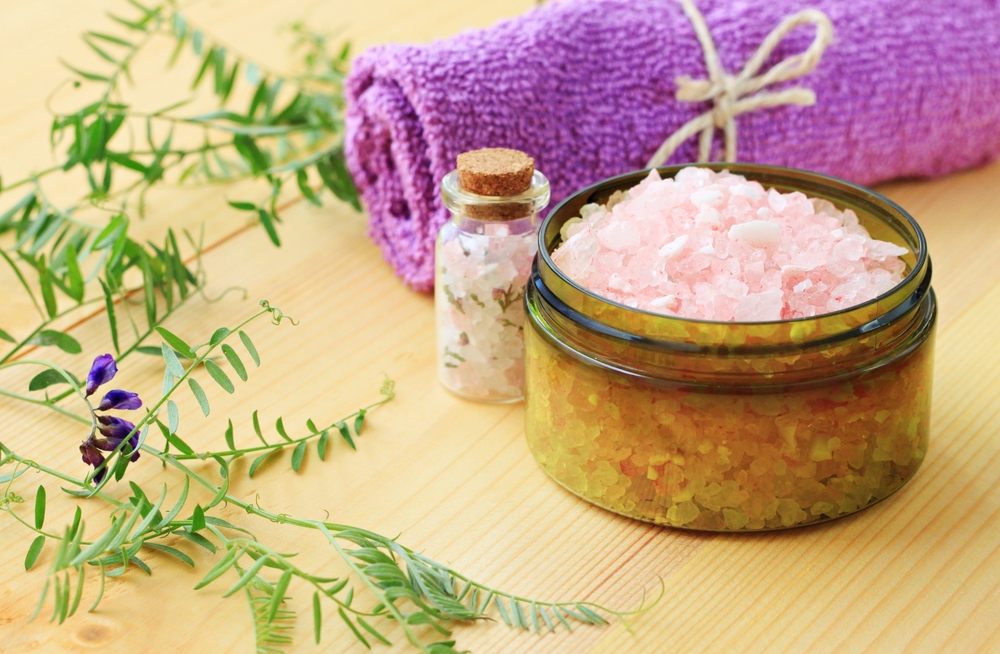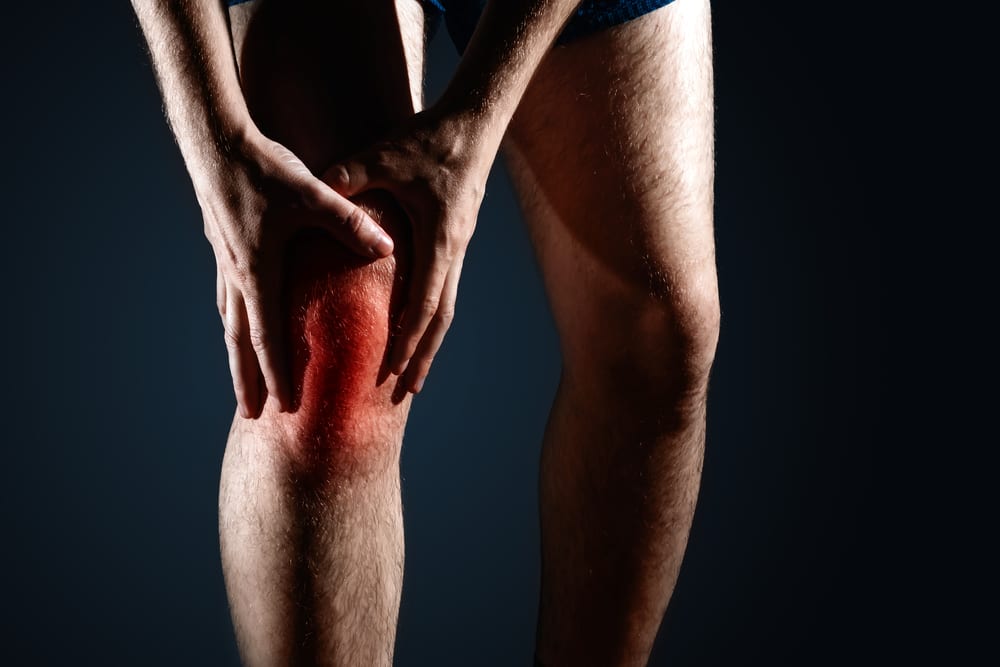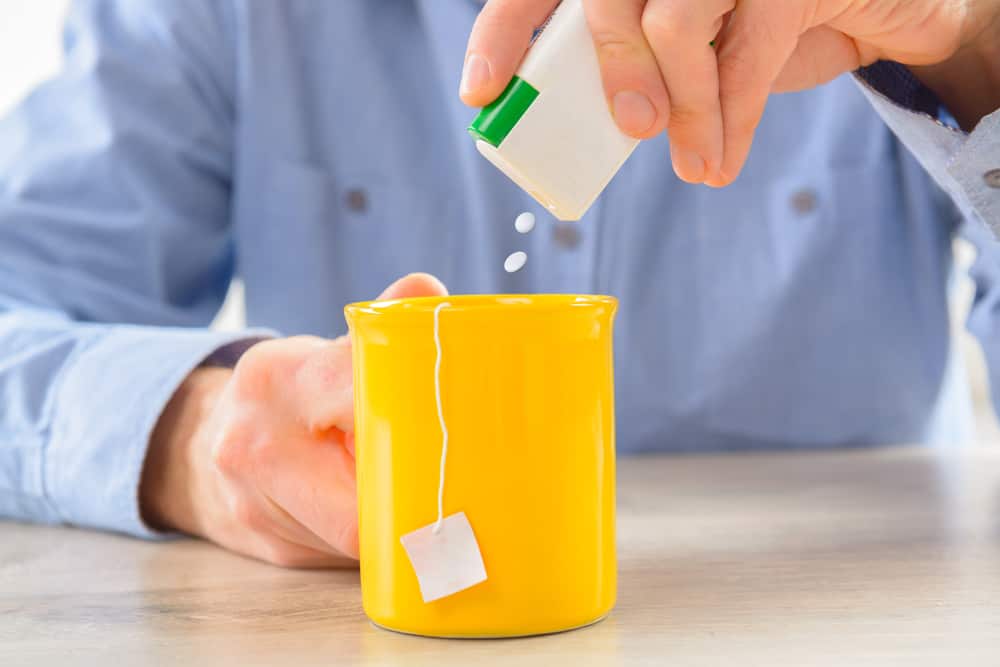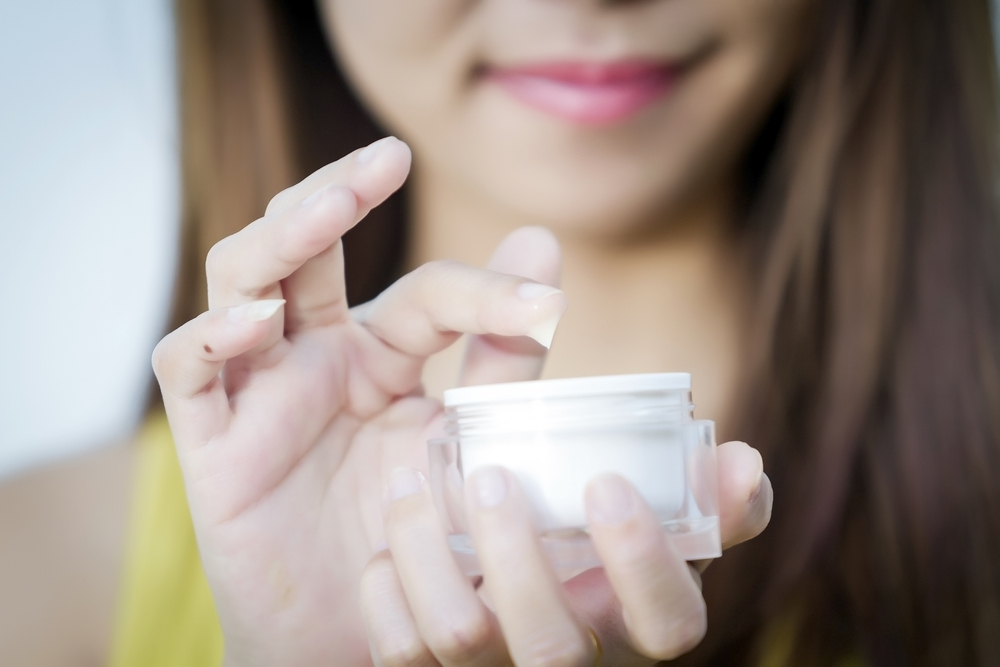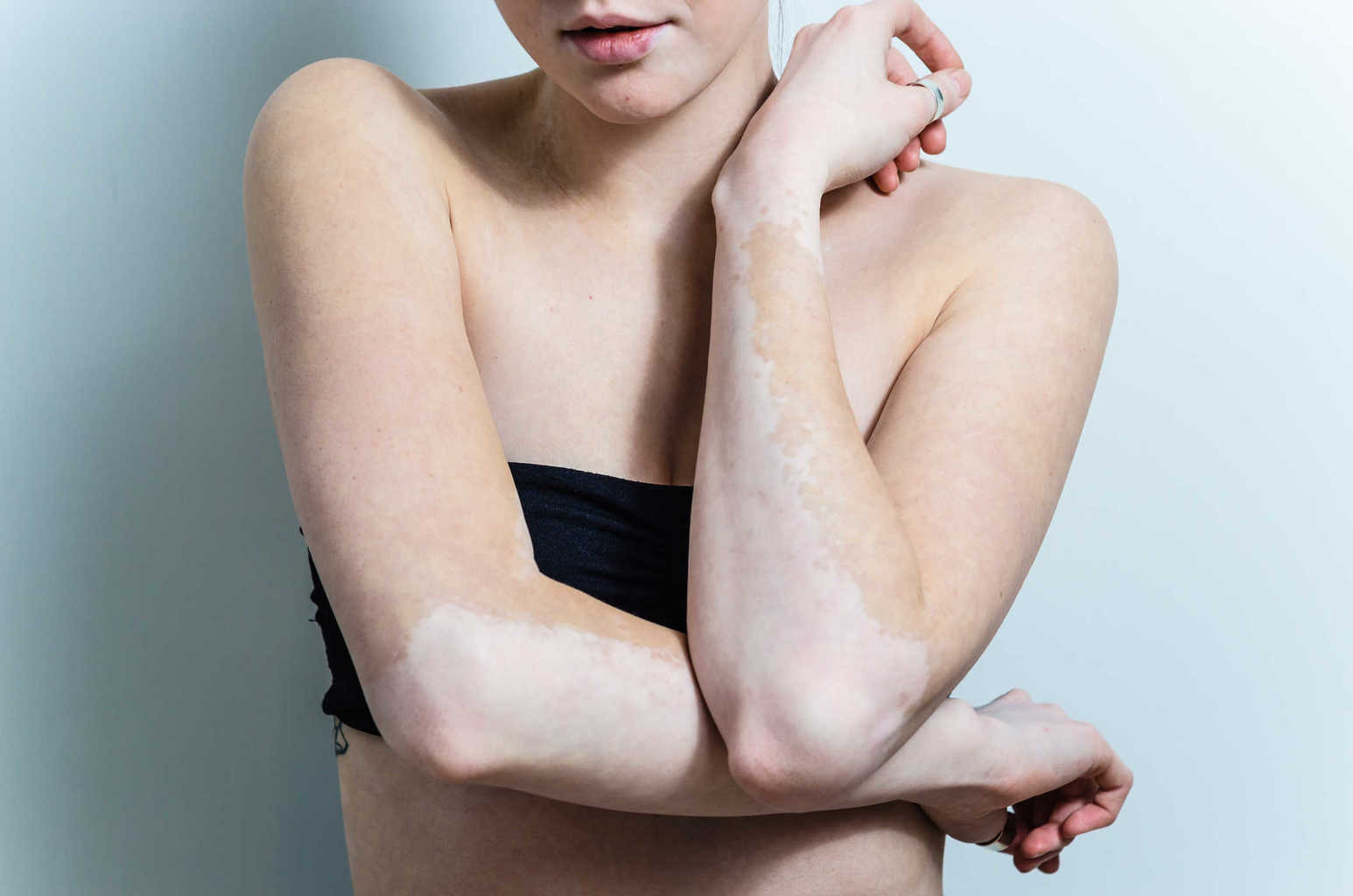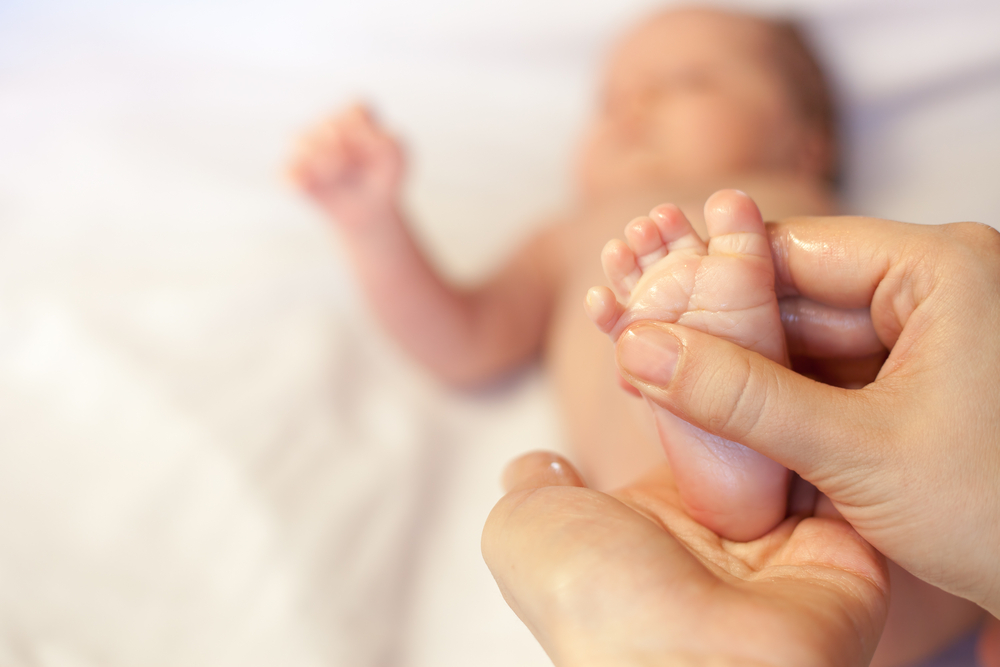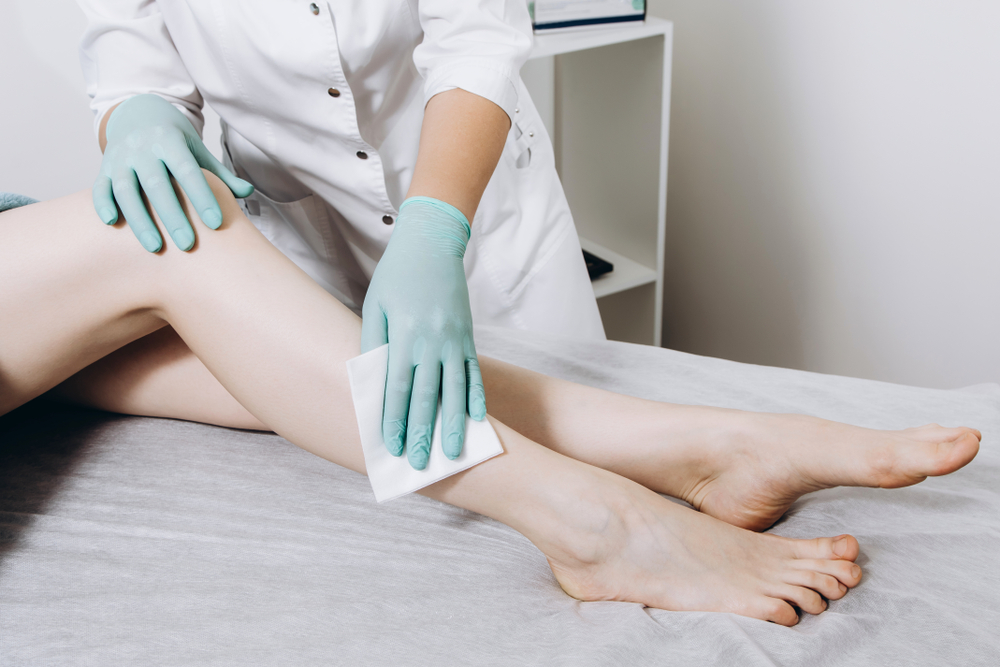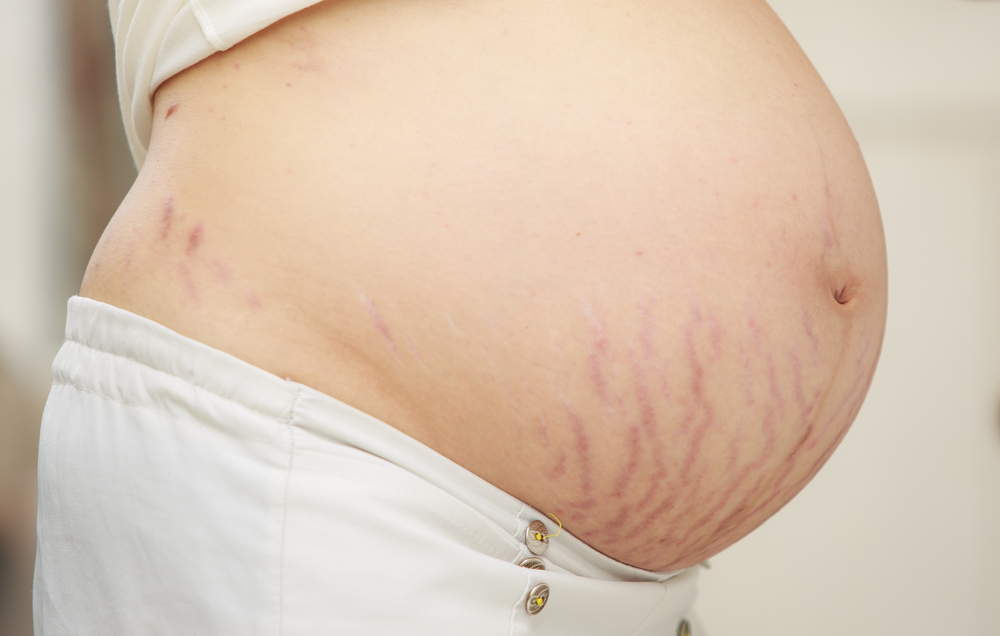Contents:
- Medical Video: Emergency - Anaphylactic Shock in a Child (Peanut Allergy)
- Identify allergic reactions
- Treat mild symptoms
- Epinephrine for anaphylaxis
- CPR for anaphylaxis
- Poisonous plants
- Insect stings
- Jellyfish stings
- After first aid
Medical Video: Emergency - Anaphylactic Shock in a Child (Peanut Allergy)
Is the work of the immune system to protect you from foreign substances that can make you sick, is done by creating antibodies.
Sometimes your immune system identifies a foreign object as a dangerous object, even if it's not. Common allergens are bee venom, pollen, and pet fur. Common food allergens include nuts, milk, wheat products, shellfish, and strawberries.
This excessive reaction can cause mild symptoms such as skin irritation, watery eyes, or sneezing. However, it can also cause anaphylaxis, a severe reaction that can cause respiratory failure and a heart attack.
Identify allergic reactions
Symptoms depend on allergies and can vary from person to person. Allergic reactions can cause itching, rashes and other skin irritations. Some food allergies can cause diarrhea, bloating, and other digestive problems. Other signs of allergies include swollen, blocked, and runny eyes and nose.
The most serious allergic reactions cause anaphylaxis. this is a medical emergency.
The signs include a mild head, nausea, and a weak pulse. Swelling in the airways can interfere with breathing. Untreated anaphylaxis can cause loss of consciousness, respiratory problems, and heart attacks.
Treat mild symptoms
Mild allergic reactions can be safely treated at home. Antihistamines and decongestants can reduce nasal congestion and respiratory problems. These drugs are generally in the form of tablets, eye drops, and nasal sprays.
Swelling, redness, and itching can be reduced by the use of ice and topical creams containing corticosteroids. Acetaminophen can reduce pain. If symptoms persist, doctors can prescribe stronger drugs.
Epinephrine for anaphylaxis
Anaphylaxis is a life-threatening condition. Contact emergency staff immediately. Emergency officers usually give epinephrine (adrenaline) as soon as possible. The sooner you receive a dose of epinephrine, the greater your chance of survival.
After you experience anaphylaxis, your doctor can prescribe emergency epinephrine (EpiPen®) so you can take it with you. The autoinjector is given in a single dose and injected into your thigh. Don't forget to change medication if it's an expiration date. Teach your closest family and friends about how to use drugs in an emergency.
CPR for anaphylaxis
Anaphylaxis can cause loss of consciousness, breathing, and heart attacks. Contact emergency staff immediately. Then, check the patient's breathing, breathing and blood circulation. If necessary, do rescue breathing and CPR.
Try to keep people calm. Never try to give oral medication to someone who has difficulty breathing or put something under their head. Lift the person's legs about 12 inches and cover them.
Poisonous plants
Someone is exposed to the following allergic reactions due to exposure to poison ivy, oak poisons, and poison sumac. Symptoms can vary from mild redness and itching to blisters and swelling.
If you are exposed to poisonous plants, do not scratch. Avoid soap and take a shower using cold water. Pamper your skin with colloid oatmeal or hydrocortisone cream.
Antihistamines can reduce itching and inflammation. If symptoms are severe, the doctor may prescribe stronger oral or cream steroids.
Insect stings
Most of us have small reactions from insect bites. If you are bitten by a stinging insect, clean the sting using a straight-pointed object (such as a credit card) and move the brush. Pulling or squeezing can release more toxins into your body.
Wash thoroughly with soap and water. Stick ice to reduce swelling. You can use acetaminofen for pain.
Jellyfish stings
A jellyfish sting can ruin your relaxing day on the beach. The skin around the sting can become swollen and red, causing pain and itching.
If you have been exposed to jellyfish stings, wash with seawater or vinegar for 30 minutes. This will neutralize the poison. Ice can calm your skin and reduce pain. Use hydrocortisone and antihistamine creams to reduce swelling.
British Red Cross suggests that urinating on a jellyfish sting won't help and can increase pain and cause injury.
After first aid
After you experience an allergic reaction, it is important to identify the source so that you can avoid it in the future. You must:
- Check material from products around your home. Many fragrances or dyes can irritate your skin.
- Be sure to read food labels carefully. Packaged foods often contain surprising ingredients.
- Your medicine cabinet stock with prescription topical treatment, antihistamines and painkillers.
- Ask your doctor to prescribe emergency epinephrine if you have experienced anaphylaxis. Anaphylaxis is a medical emergency, which is must always be followed by medical care.

